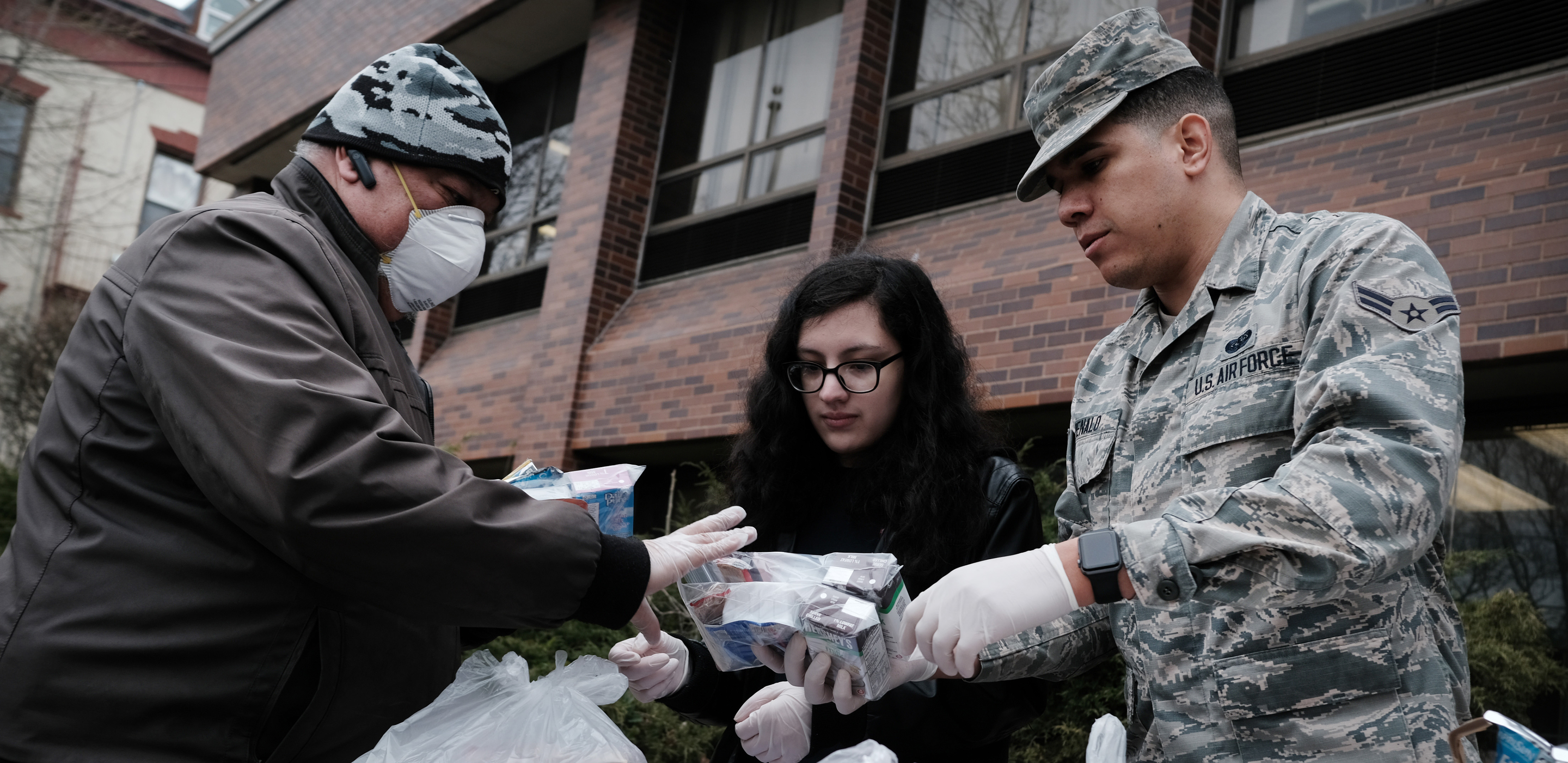
GI Bill: What Happens When You Are Mobilized?
If you are receiving the GI Bill and have to drop out of school as a result of reserve or Guard mobilization orders what will happen to your GI Bill? Will you lose your housing allowance? Will you owe the Department Veterans Affairs money? Different Rules For Mobilizations Normally, if you drop classes the VA will take…

